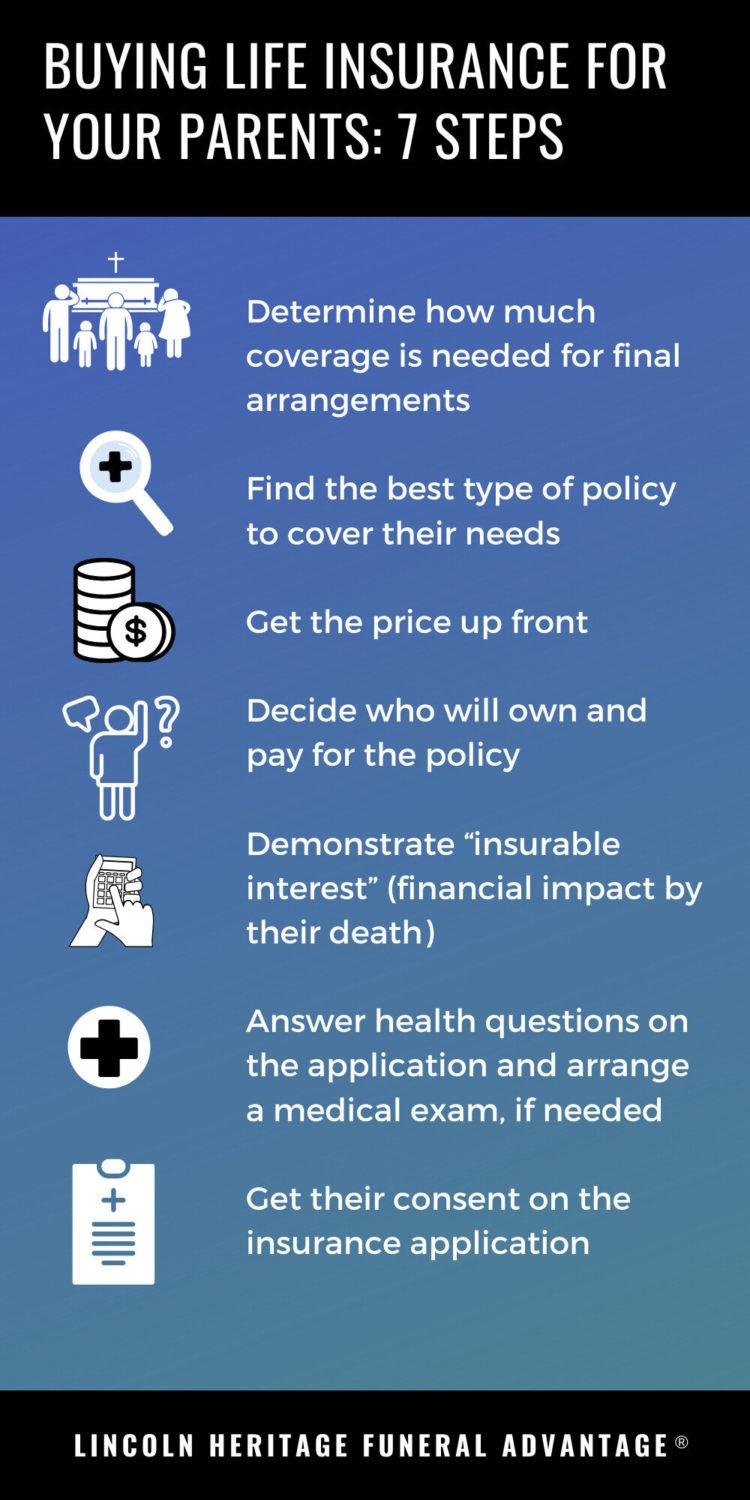In an increasingly uncertain world, financial security and peace of mind are more valuable than ever. Life insurance, often considered a complex and daunting subject, is a critical component of a sound financial strategy. This article explores the compelling reasons why purchasing life insurance now can lead to significant financial savings in the future. By examining the various types of policies, potential cost benefits, and the long-term impact on personal and family financial stability, we aim to demystify life insurance and highlight its importance as a proactive measure. Whether you’re just beginning to consider life insurance or are reevaluating your existing coverage, understanding the financial advantages of early investment can help you make informed decisions that safeguard your financial future.
Understanding the Long-Term Financial Benefits of Early Life Insurance Purchase
Purchasing life insurance at a young age often translates into substantial financial advantages over time. One of the most compelling reasons to consider early acquisition is the lower premium rates. Insurance companies calculate premiums based on risk, and younger individuals are generally considered lower risk. This means you can lock in a more affordable rate that remains constant, potentially saving you thousands of dollars as you age.
Moreover, acquiring life insurance early allows for greater financial planning flexibility. The cash value component of many life insurance policies can accumulate over time, offering a valuable asset for future needs. Consider these benefits:
- Compounding Growth: The cash value can grow tax-deferred, providing a potential source of funds for emergencies or retirement.
- Insurability Assurance: Securing a policy early ensures coverage even if health conditions change in the future.
- Peace of Mind: Knowing that your loved ones are protected can alleviate stress, allowing you to focus on other financial goals.
By investing in life insurance early, you not only benefit from lower costs but also enhance your overall financial strategy, positioning yourself for long-term security and peace of mind.

How Life Insurance Provides Peace of Mind and Financial Security
Investing in life insurance is a strategic decision that not only safeguards your loved ones but also offers a robust safety net for your financial future. The sense of security it provides is invaluable, especially when considering the unpredictable nature of life. With a comprehensive policy, you can rest assured knowing that your family will be protected from potential financial burdens, such as outstanding debts or funeral expenses, that may arise in your absence.
Key Benefits of Life Insurance Include:
- Financial Protection: Life insurance ensures that your beneficiaries receive a lump sum payout, which can help cover everyday living expenses, education costs, and more.
- Debt Coverage: Outstanding debts such as mortgages or personal loans can be settled, preventing your family from inheriting financial obligations.
- Estate Planning: It can be an essential tool for estate planning, helping to manage taxes and distribute wealth according to your wishes.
- Peace of Mind: Knowing that you have a plan in place can alleviate stress and allow you to focus on enjoying life.

Key Factors to Consider When Choosing a Life Insurance Policy
When selecting a life insurance policy, it’s crucial to evaluate several key factors to ensure that the coverage aligns with your financial goals and family needs. Start by considering the type of policy that suits your situation. While term life insurance offers coverage for a specific period and is often more affordable, whole life insurance provides lifelong protection with the added benefit of building cash value over time.
- Premiums: Analyze the cost of premiums and ensure they fit within your budget. Remember that premiums can vary significantly between providers and policy types.
- Coverage Amount: Determine the amount of coverage you need by evaluating your current and future financial obligations, such as mortgage, education expenses, and income replacement.
- Provider Reputation: Research the insurance company’s reputation and financial stability. Choose a provider with a strong track record to ensure they can meet their obligations when the time comes.
- Policy Riders: Look into additional features or riders that can enhance your policy, such as critical illness coverage or waiver of premium, which can provide extra security and flexibility.
By carefully considering these elements, you can make a well-informed decision that provides peace of mind and financial protection for your loved ones.

Expert Tips for Maximizing Savings on Life Insurance Premiums
Securing a life insurance policy can be a savvy financial move, but understanding how to lower your premiums is key to maximizing savings. Here are some expert strategies to help you get the most value out of your policy:
- Buy Early: The younger you are, the lower your premiums will be. Age and health are significant factors in determining life insurance costs, so purchasing a policy early can lock in a lower rate.
- Opt for Term Life Insurance: If you need coverage for a specific period, term life insurance often offers the most affordable premiums compared to whole life insurance.
- Maintain a Healthy Lifestyle: Insurers assess your health when determining premiums. Regular exercise, a balanced diet, and avoiding tobacco can lead to lower rates.
- Shop Around: Don’t settle for the first quote. Compare offers from multiple insurers to find the best rate for your needs.
- Bundle Policies: Some companies offer discounts if you purchase multiple types of insurance from them, such as home or auto insurance.
Implementing these strategies can significantly reduce your life insurance premiums, ultimately saving you thousands over the life of your policy.

